
What is LASIK?
LASIK (Laser Assisted In Situ Keratomileusis)is an increasingly popular procedure that is very advantageous, but also notsuitable for everyone. There are many reasons why LASIK is the right choice,including the potential for 20/20 vision, but there are also cases in whichLASIK can cause complications and is probably not suited for.
Who is suited forLASIK?
Your suitability for LASIK is decided by yourdoctor. To ensure any complication is avoided anyone interested in LASIK shouldundergo a comprehensive screening by a competent surgeon, as well as obtaininga detailed medical history. A majority of people are either good or idealcandidates, with the best ones being candidates who can benefit from surgerywithout complications. A pre-existingcondition or an illness can render someone unsuitable for LASIK.
What are the risks factors?
Circumstances that can either causecomplications or deny the effectiveness of LASIK include:
Having poor vision. In certain cases a person’s vision isconsidered unfit for improvement, and LASIK is ineffective in these cases.LASIK is therefore limited to individuals with no more than -14 diopters, ifthey have myopia. When it comes to astigmatism,LASIK covers people with no more than 4-6 diopters , and in case of hyperopia the effective range includes those with nomore than +6.0 diopters.
Changing prescription. People’s prescription changes over time, stabilizingafter the age of 18 to 20. Any kind of continuous change past this age tends todisqualify you for LASIK, depending on your doctor. Ideal candidates for LASIK maintain certain prescriptionstability, namely a prescription that stays stable for two years at least.
Overall medical andeye health. Anykind of health complications regarding your eye can very likely cause LASIK unsuitability.A few of the known conditions that can make LASIK not suitable for someoneinclude problems with the conjunctiva or cornea, glaucoma and diabeticretinopathy. All kinds of systemic diseases, including those affecting theimmune system, can reduce your chances for LASIK, so it is critical to discussyour full medical history with your doctor before considering LASIK.
Other factors that can hamper your LASIK availabilityare having a cornea that is too thin, or irregularly shaped. Both rule outLASIK surgery due to either risking vision impairment or completely disablingthe chance of eye surgery. Large pupils are also a risk, albeit less severe.Large pupils may not deny LASIK surgery altogether, but can narrow down the typesof LASIK surgery available, leaving custom LASIK surgery as a preferred choicefor such patients.



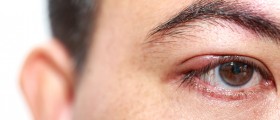


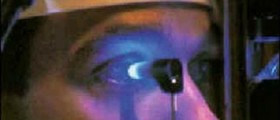



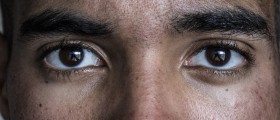
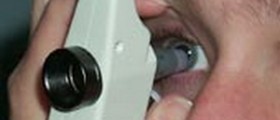

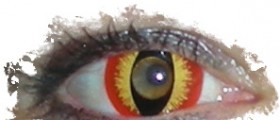



Your thoughts on this
Loading...